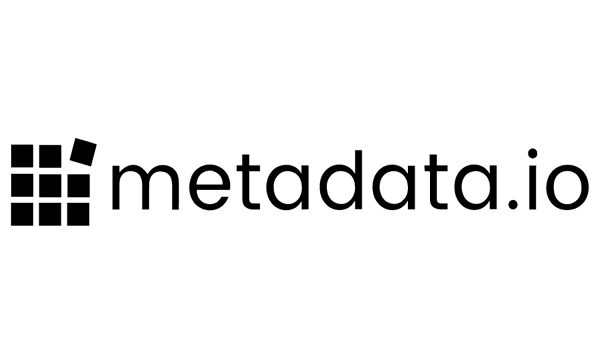Account Based Marketing Software
Explore best Account Based Marketing Software for your business.

Browse Top Account Based Marketing Software
Searching for best Account Based Marketing Software for your business? Look no further! Post your requirements and get best deals on Account Based Marketing Software for your business from multiple Account Based Marketing Software provider.
Account Based Marketing Software
Explore Account Based Marketing Software category & post requirement to connect with Account Based Marketing Software provider for your business and get the best quotes from multiple Account Based Marketing Software provider.
Account-Based Marketing Software (ABM):
Account-Based Marketing (ABM) software is designed to help businesses target and engage high-value accounts or key customers. By leveraging automation and data-driven insights, ABM tools enable organizations to streamline their processes and enhance outcomes, such as generating qualified leads, personalizing customer journeys, and increasing customer lifetime value.
Core Features and Benefits:
- Targeted Prospecting: Automates the identification of high-potential accounts, saving time and resources.
- Personalized Engagement: Creates tailored buying journeys to nurture relationships effectively.
- Strategic Alignment: Aligns sales and marketing teams to collaborate on key accounts.
- Enhanced ROI: Drives acquisition, retention, and growth of enterprise accounts.
ABM software integrates seamlessly with third-party tools like Customer Relationship Management (CRM) systems and marketing automation platforms, enhancing communication and prioritization for key accounts.
Key Components of ABM Software:
1. Account Management:
ABM software enables businesses to prioritize and manage target accounts by:
- Selection and Prioritization: Identifying accounts based on factors like revenue potential, industry fit, and ideal customer profile.
- Streamlined Communication: Facilitating continuous communication between sales and marketing teams.
- Automated Data Management: Transferring key account information between systems and automating updates.
Tools Provided:
- Automated list creation to exclude poor-fit accounts.
- Account-level analytics tracking clicks, conversions, and calls.
- Sales and marketing funnel alignment to manage the buying cycle at an account level.
Integration Capabilities: These systems integrate with sales and marketing tools to maintain consistent and accurate account information, ensuring an account-centric approach.
2. Account Intelligence:
ABM replaces traditional broad marketing funnels with targeted approaches. Account intelligence tools provide:
- Firmographic Data: Insights like industry, location, and IT infrastructure.
- Intent Data: Predictive analytics identifying purchase signals.
- Lead and Account Scoring: Using AI and machine learning to prioritize accounts.
Evaluation Criteria:
- Data accuracy and robustness.
- Effectiveness in lead qualification.
3. Account-Based Advertising:
ABM tools empower marketers to target stakeholders within organizations who may influence buying decisions. Features include:
- Personalized Ad Targeting: Reaching key decision-makers even if they are not in direct contact with sales teams.
- Audience Segmentation: Delivering ads tailored to specific accounts through IP addresses and cookies.
- Brand Awareness: Building visibility and influencing purchasing decisions.
Evaluation Criteria:
- Availability of IP address data.
- Ease of campaign management.
- Effectiveness of advertising outcomes.





